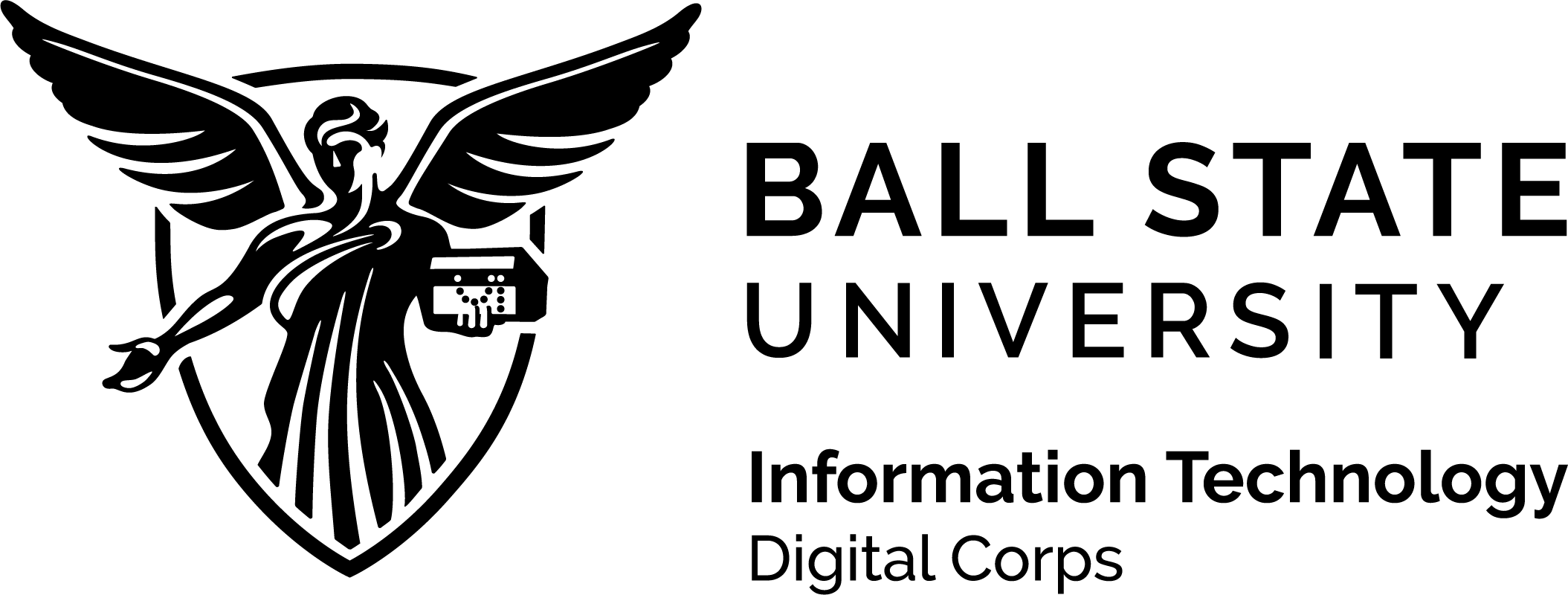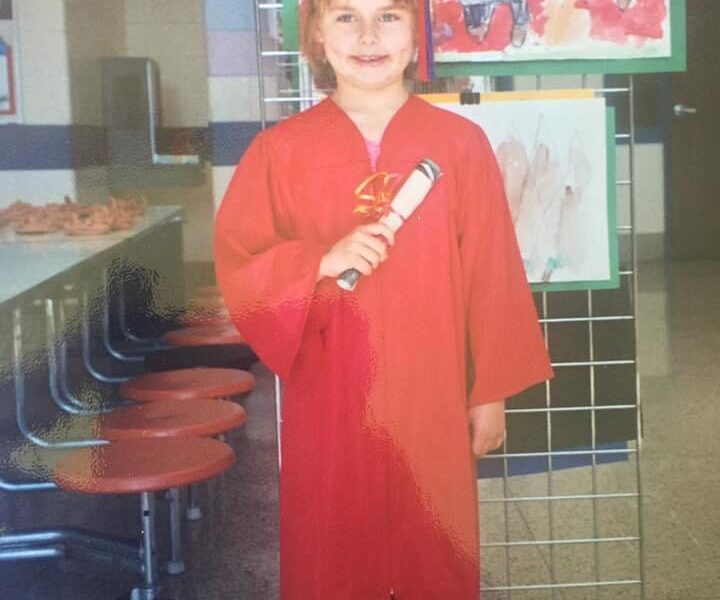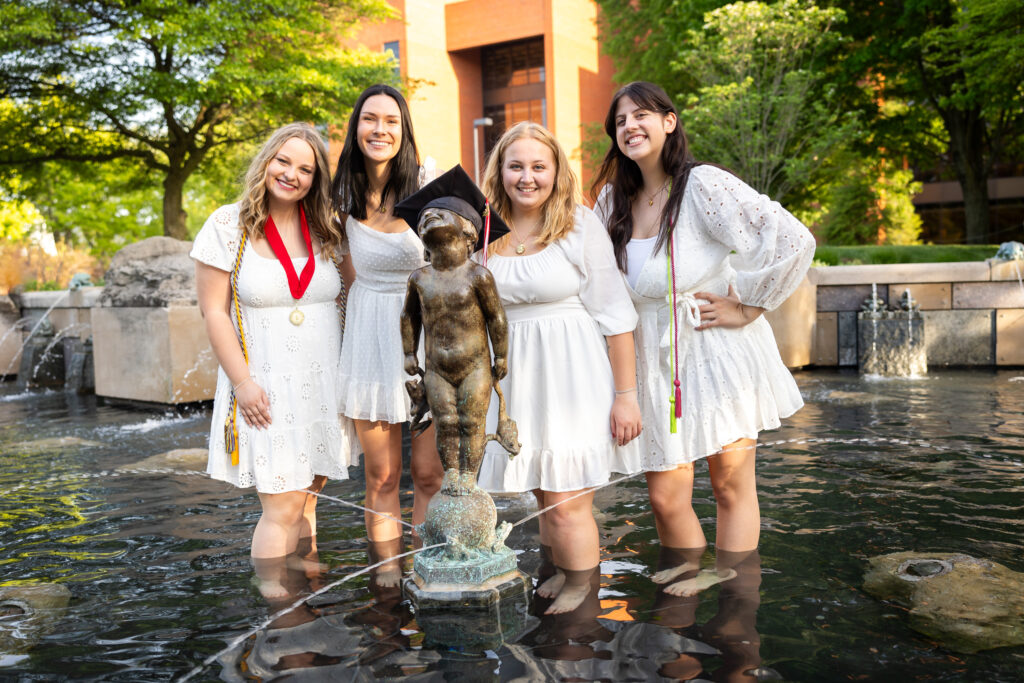
Photo Credits to Riley Paulsen.
Are you entering the workforce? If so, some of your many thoughts may be:
- Will I find a job?
- Am I okay with moving? Well, where to? How far?
- What about compensation? And the other benefits?
- How is the workplace environment? Am I a cultural fit?
- And their diversity and DEI (Diversity, Equity & Inclusion) Efforts?
As the end of the semester/school year rolls around, graduates everywhere are worrying about the next step of their lives after commencement day. Wondering what life has in store for them and wondering how they are going to adjust to post-graduate life.
Today’s job hunt can be stressful to say the least. But after speaking with some of the newest Digital Corps staff members, there is a light at the end of the tunnel.
Getting the Job
This is where it all starts. The first job is where you enter into the workforce and it gives you the first impression of the rest of your career. But no pressure.
So, how do you get the first job? What are the steps? Well, everyone you ask will tell you a different story.
They will tell you how they got their first job from a previous opportunity or internship. Or how they applied to 500 different opportunities, and they chose the first offer they were given. Almost always they will tell you how their path was “not traditional.” And that is the truth of it all. Every path is different and “not traditional.” Because in today’s job search there is no tradition.
To give some ideas of what today’s job market looks like let’s hear from Digital Corps Development Team Lead Hunter Wallace.
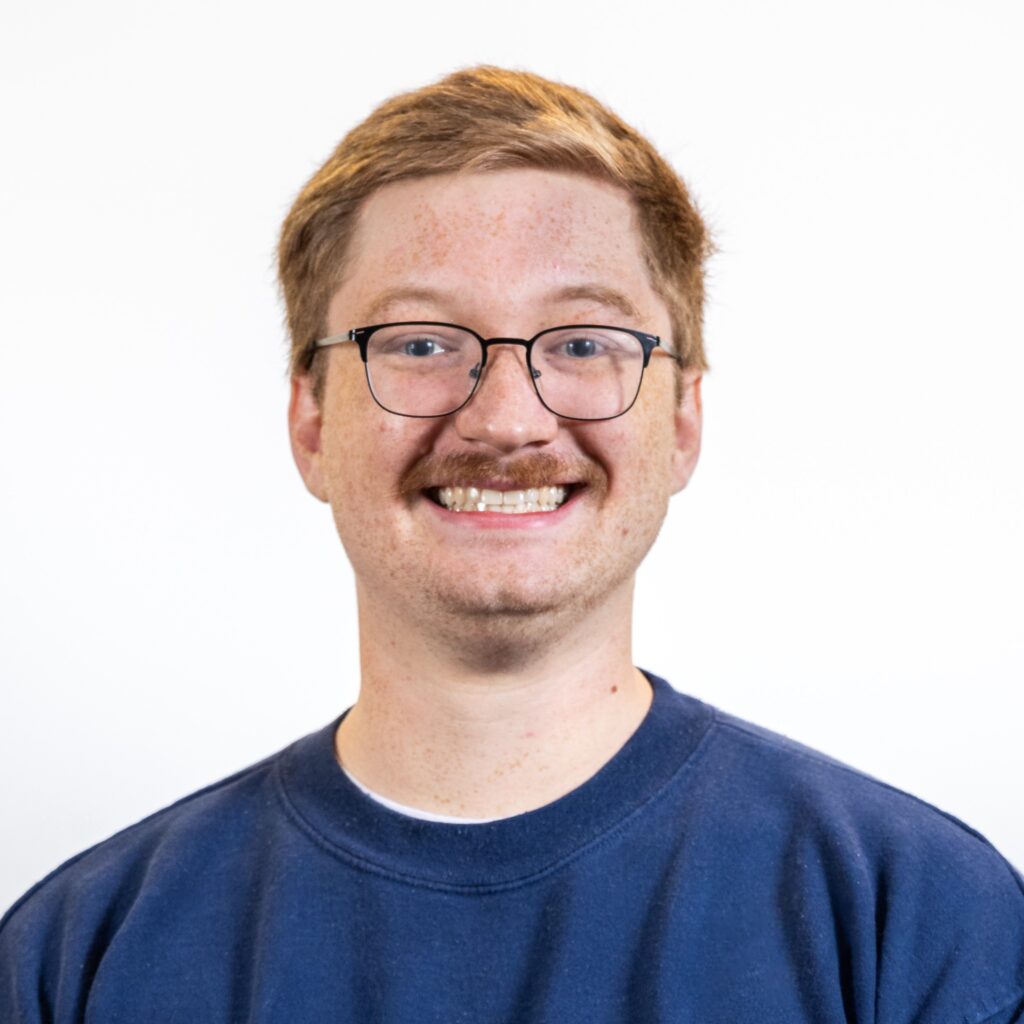
Hunter’s Journey
Hunter labels his final semester at Ball State as “chaotic” and “hectic.” While most graduating seniors would probably use these words, Hunter attributes this energy to the Covid-19 pandemic. As a Spring 2020 graduate, the entire world around him was looking into vaccines and toilet paper and he was looking into mountains of online applications and remote interviews.
“Because of the pandemic, in my last few months of college I felt like I was kind of already graduated before I really was.” Hunter noted. “The job market during Covid-19 was so weird, I would ask myself, ‘are they even going to hire me?’”
Hunter started applying place after place early in his final semester. From start-ups to big corporations, across states, remote and in-person positions, LinkedIn “easy applies” to pages of deep application questions. He found himself diving into upwards of 20 interviews before his graduation in May.
With some trial and error, Hunter interviewed and accepted an opportunity in Colorado. Hunter moved and started working amidst the pandemic and felt the change immediately.
“But I think I also sacrificed a lot of smart decisions to take that risk when all I really needed was like a Colorado vacation,” Hunter noted on his time in Colorado. “I moved out there and spent all the money in my savings.”
Hunter worked in Colorado for over a year at two different organizations, enjoying many of his experiences and opportunities. However, the “Colorado dream” came up short in regard to some of his roles and responsibilities in his positions. From miscommunication in major projects to unhealthy work-life balances, it became clear that maybe it was time to find another path.
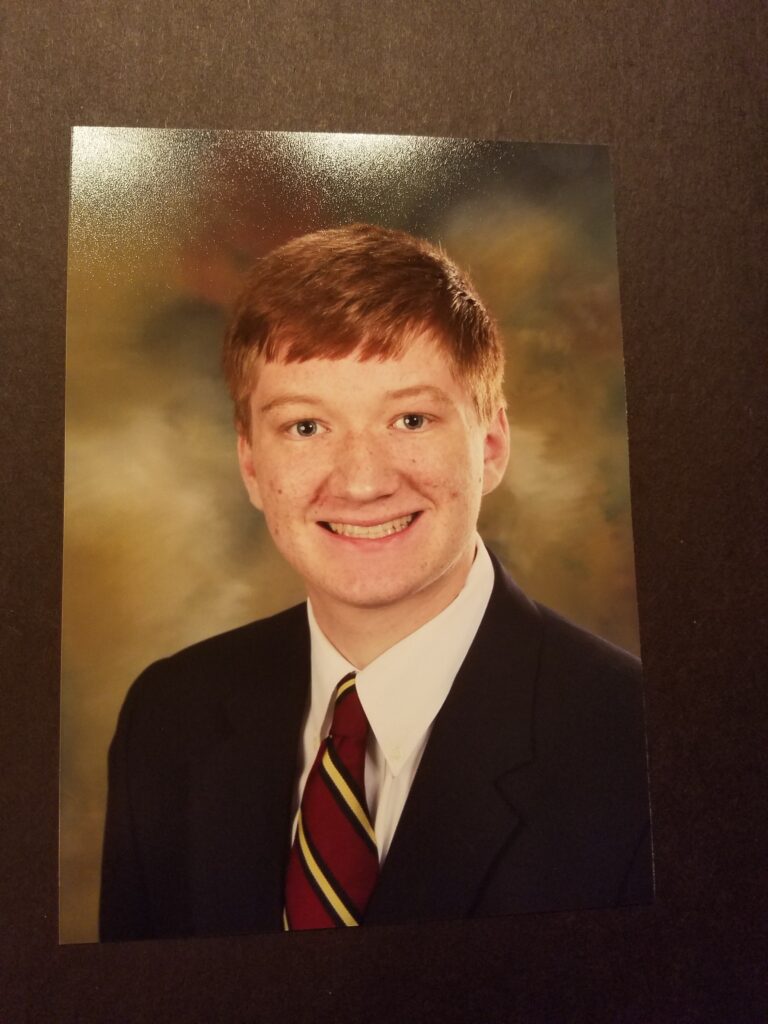
This is a common practice for many new graduates. In this article by Forbes, they go into details about some of the pros and cons of relocating for your career. They offer a lot of good advice and summarize at the end saying, “When you’re considering a job relocation, think broadly about the holistic experience you’re choosing. Know that you can create a terrific future for yourself by being focused an intentional, no matter where you choose to live, work and grow.”
So, Hunter moved back to Indiana! With some searching he found the Digital Corps and circled back around to work at his alma mater. He is a phenomenal lead with great software engineering experience. His career path has had its ups and downs and working with college students he can see the continuous difficulty in the job market.
Insights and Lessons from Hunter:
Hunter was sure that he was going to move far away from Indiana, find a great job first try and everything else would fall into place. While everything did end of falling into place, they didn’t happen in quite the way he expected.
Here is some advice he would have given himself and current graduates:
SOMETIMES YOU DON’T HAVE TO GO FAR TO BE SUCCESSFUL.
- “Coming from Zionsville, I’m seeing all my friends, like, ‘I’m in San Francisco,’ ‘I’m in Seattle,’ and like, and that was a weird, toxic mindset for me. But you have to think long-term. Because I kind of moved to Colorado and I was like, I’m going to be here. I don’t know about my relationship; I don’t know about housing (because I’m never going to afford a house in Colorado). So, I think it’s just having a good game plan before you do something. You know, follow your gut, but have a good plan. I probably would have told myself to stay in Indiana or closer.”
THE RIGHT JOB IS WAITING FOR YOU.
- “I think just really putting an emphasis on like, you know, take your time, the right job is waiting for you all that kind of stuff. I think that’s just like the biggest message that I would want to share. I know that’s what young me would have wanted to hear because I thought if I don’t have a job by the time college is over, I’m a failure and I’m never going to do anything. Everyone feels this and sort of knows it’s not true, but actually getting rid of these feelings is super difficult. It’s just important to be open and honest with yourself.”
TAKE CHANCES, TAKE RISKS.
- “Don’t be afraid to go out of your boundaries. That sounds really cheesy. But like, kind of what I mean is… when I was doing all these job applications, they were so strict in what they wanted. They’re like ‘five years of this, four years of that.’ And I’m like, well, I’m never going to be any of that. But I think just taking the risk is what got me these kind of job opportunities. Like every single one of my jobs, I didn’t even know what the company did. I didn’t even know what the like job required. But I knew I could learn while I was there, or at the very least learn from the application and interview process.”
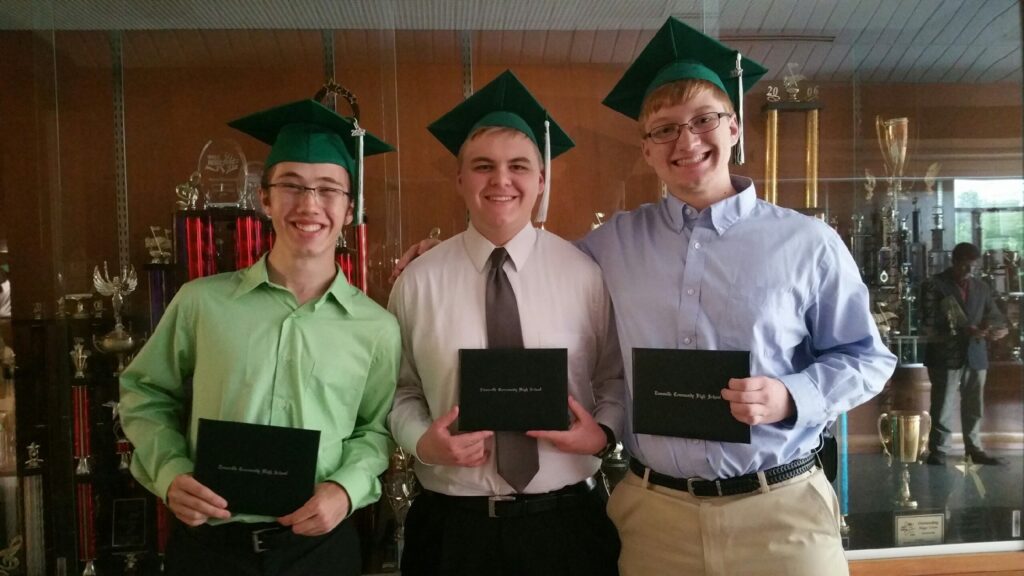
It’s Your Turn
If you have taken the time to read through this portion of The Woes and Pros of Entering the Workforce it is most likely that you yourself are entering the workforce as well. This is not a little task, and it is not going to be an easy one either.
After reading this blog, remember that you don’t have to travel large distances, take the first job that comes your way, or get stuck in the cycle of jealousy that comes from seeing the paths of your peers. Instead, you can take your time, make your current life your dream, and take the risks you know you are capable of.
With Hunter’s advice and some new knowledge on his path, take your time and truly find what is best for you. Don’t feel the need to live the life of others, but instead live your own.
